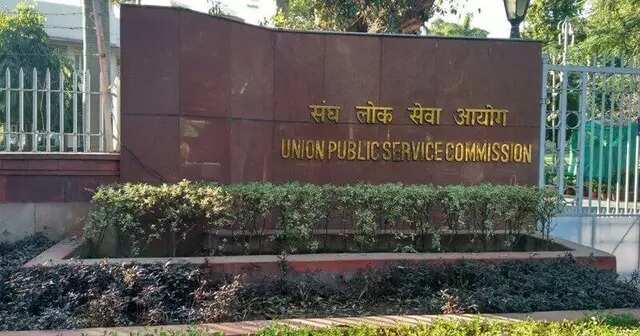Salary and Benefits of IAS Trainees: An In-Depth Look
IAS probationer Pooja Khedkar has recently sparked controversy with her demands for government accommodation, a car, and staff while still on probation. While some defend her requests, it's crucial to understand the rules set by the Union Public Service Commission (UPSC) for trainee officers, which her demands violate.

IAS probationer Pooja Khedkar has recently sparked controversy with her demands for government accommodation, a car, and staff while still on probation. While some defend her requests, it's crucial to understand the rules set by the Union Public Service Commission (UPSC) for trainee officers, which her demands violate.

The Journey to Becoming an IAS Officer:
Passing the UPSC Civil Services Exam, one of the toughest exams in India, is the first step toward becoming an IAS officer. Following this, probationers undergo two years of rigorous training, which includes learning discipline, administrative skills, and crisis management. During this period, the UPSC is responsible for their accommodation and food.
Salary of a Trainee IAS Officer:
During training, IAS, IPS, IRS, and IFS officers receive a similar salary, which varies at different training phases. On average, a trainee IAS officer earns between Rs 50,000 to Rs 60,000 per month, sometimes reaching up to Rs 70,000.
Benefits for Trainee IAS Officers:
Contrary to Pooja Khedkar's demands, trainee IAS officers do not receive government accommodation, cars, drivers, or personal staff during their training. The UPSC provides basic accommodation and food. However, during field postings, they receive Travel Allowance (TA) and Dearness Allowance (DA) of Rs 3,000 per day. They may stay in government guest houses or hotels during these postings.
Training Benefits for IAS Officers:
The training phase is designed to provide comprehensive exposure and learning experiences:
- Field Exposure: Trainees gain practical insights into civil service through field visits and assignments.
- Extracurricular Activities: The training includes leadership modules, the art of living sessions, and trekking.
- Interaction with Dignitaries: Trainees get opportunities to interact with high-ranking officials like the Defense Minister, President, and Vice President.
